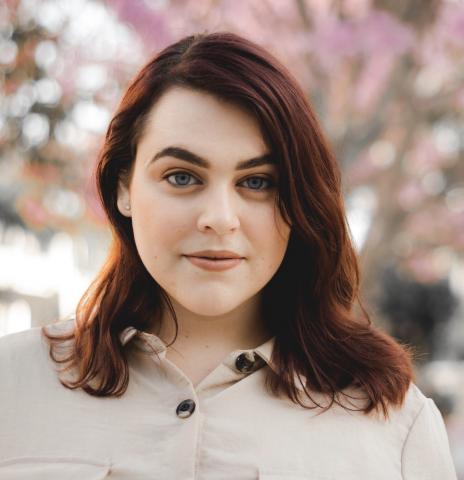A Guide to Choosing the Right Graduate School

When it comes to choosing which graduate programs to apply to, it's hard to find a solid place to start. With all the big-name schools you’ve heard plenty about, what your teachers and mentors have suggested, and what your friends recommend, it can be hard to sort all that information. Finding the right program for you and getting the crucial training you need is key. If you are stressing this process as much as I did, have no fear, the Boston Singers Resource has got some tips to help you PLOT the perfect plan!
P is for Price
Perhaps the most daunting of all the factors, paying for your education is something you’ll have to be prepared for. Most schools will offer scholarships, graduate assistantships, and federal loans to help supplement this. Between tuition and the cost of living, you’ll want to find a balance that will allow you to focus on school rather than struggling to pay the rent. Keep in mind that most schools are open to counter offers, so if you have two schools offering you different amounts, let them know. Graduate programs should want you, so make sure to communicate directly and politely about what will get you committed there.
L is for Location
Location, location, location! When you pick a graduate program, you’re committing to live in that area for at least two years. This is the place where you’ll meet some of the most influential people of your career and some lifelong friends. The connections you make during this time will be the catalyst for future opportunities post-grad school. Big city, small town, whatever you prefer, make sure that it’s what you want your education to look like, and provides you the opportunity to grow both in and outside of the classroom.
O is for Opportunity
No two graduate programs are alike. They all come in different shapes and sizes, and finding the right fit is important to ensure you have plenty of opportunities coming your way. If you’re in a large program with plenty of other singers, performance opportunities may be harder to come by. On the other hand, a small program may not provide the chance to do material that challenges you. Talking to current students in any program you’re considering can give you an idea of what your time as a student there may look like.
T is for Teacher
Finding the right teacher for your vocal needs is probably the most important factor to consider when looking at grad schools. This is the person that will see you through some of the most impactful singing years of your life, and it’s important that you are compatible with their teaching style. I highly recommend that you schedule prospective lessons with teachers you’re considering, so you can get a feel for how you might work together. Come prepared with questions and a positive attitude to make the best impression.
Picking a graduate program can be scary, but when it comes to finding the best one for you, make sure to PLOT your plan for success!
Sarah Rogers is a graduate voice student at Boston University. When she’s not onstage or in the practice room, she enjoys teaching music and creative writing. Sarah is a native of West Palm Beach, Florida.
